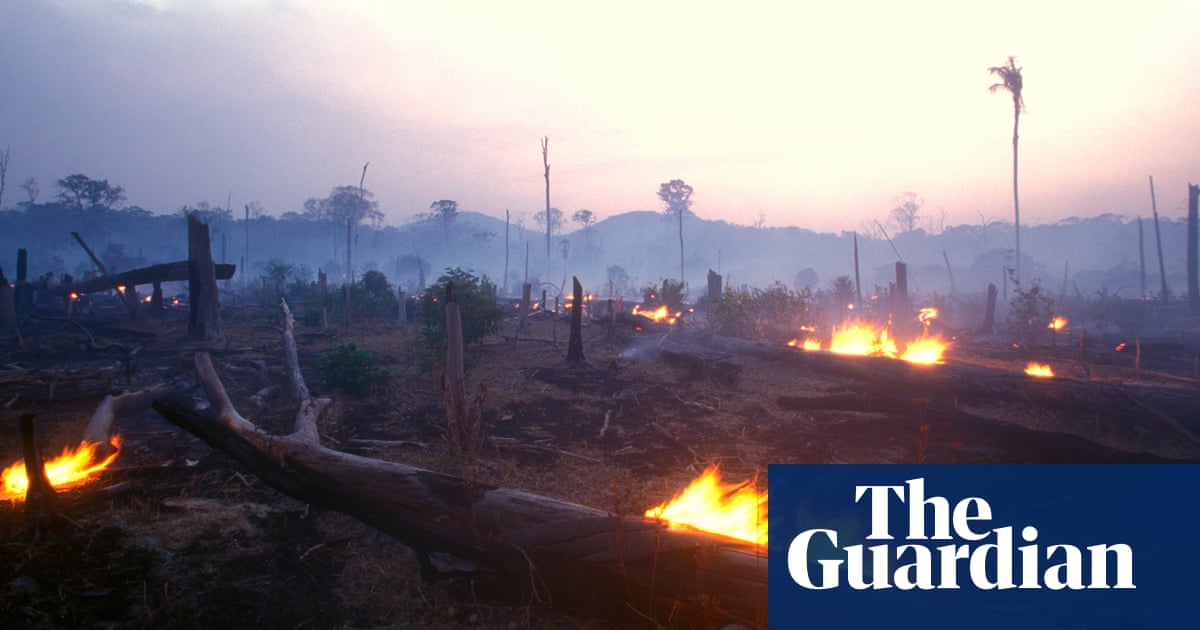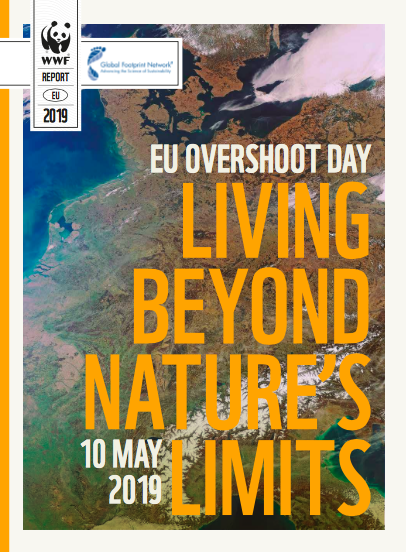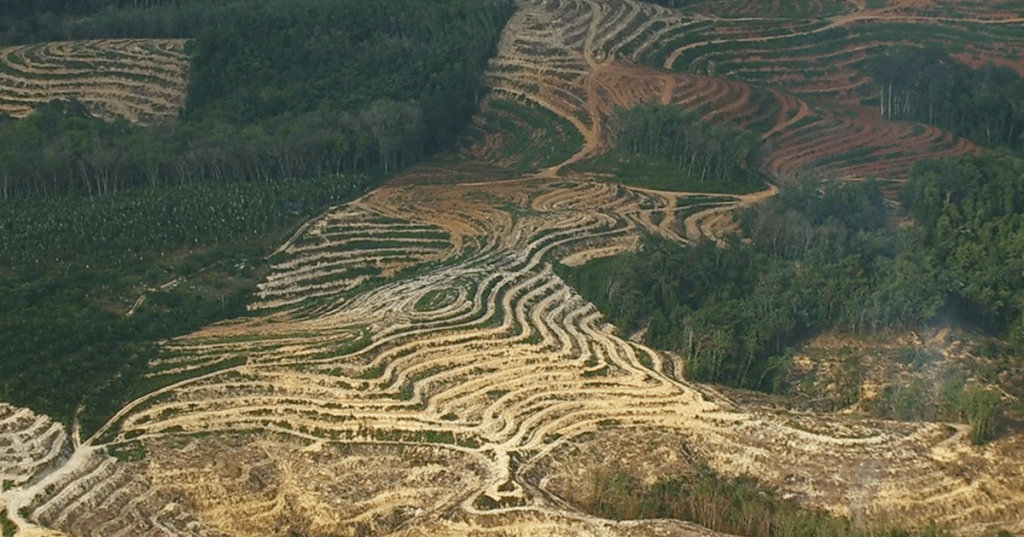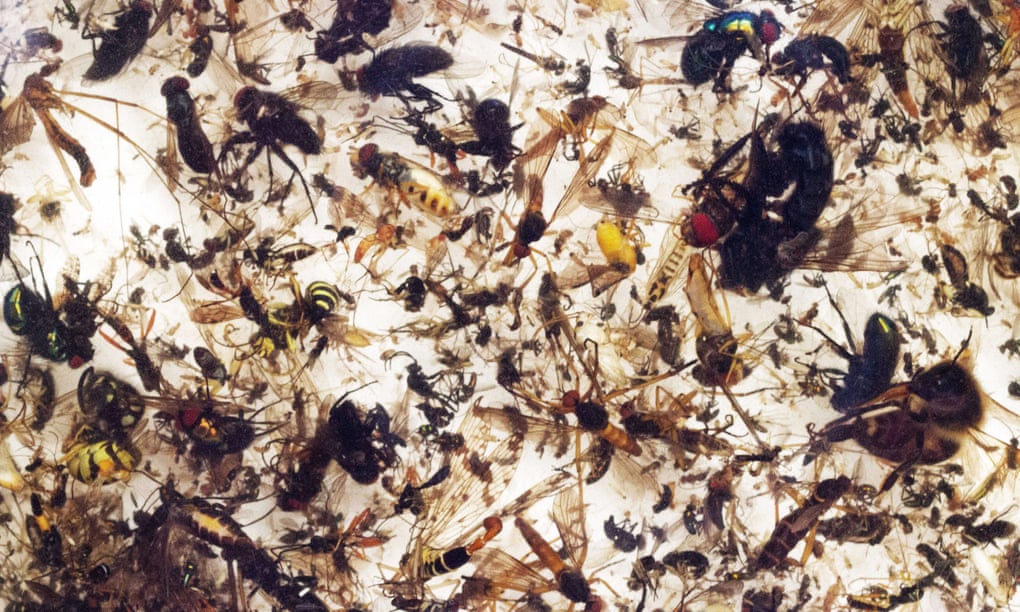You are here
Wed, 2013-10-16 10:47 — mdmcdonald
This group focuses on the impact that various species have on the environment and the necessity to have balanced ecosystems in order for humankind to be resilient and sustainable.
This group focuses on the impact that various species have on the environment and the necessity to have balanced ecosystems in order for humankind to be resilient and sustainable.
Add Content to this group
Members
| mdmcdonald |
Email address for group
biodiversity@m.resiliencesystem.org












Recent Comments